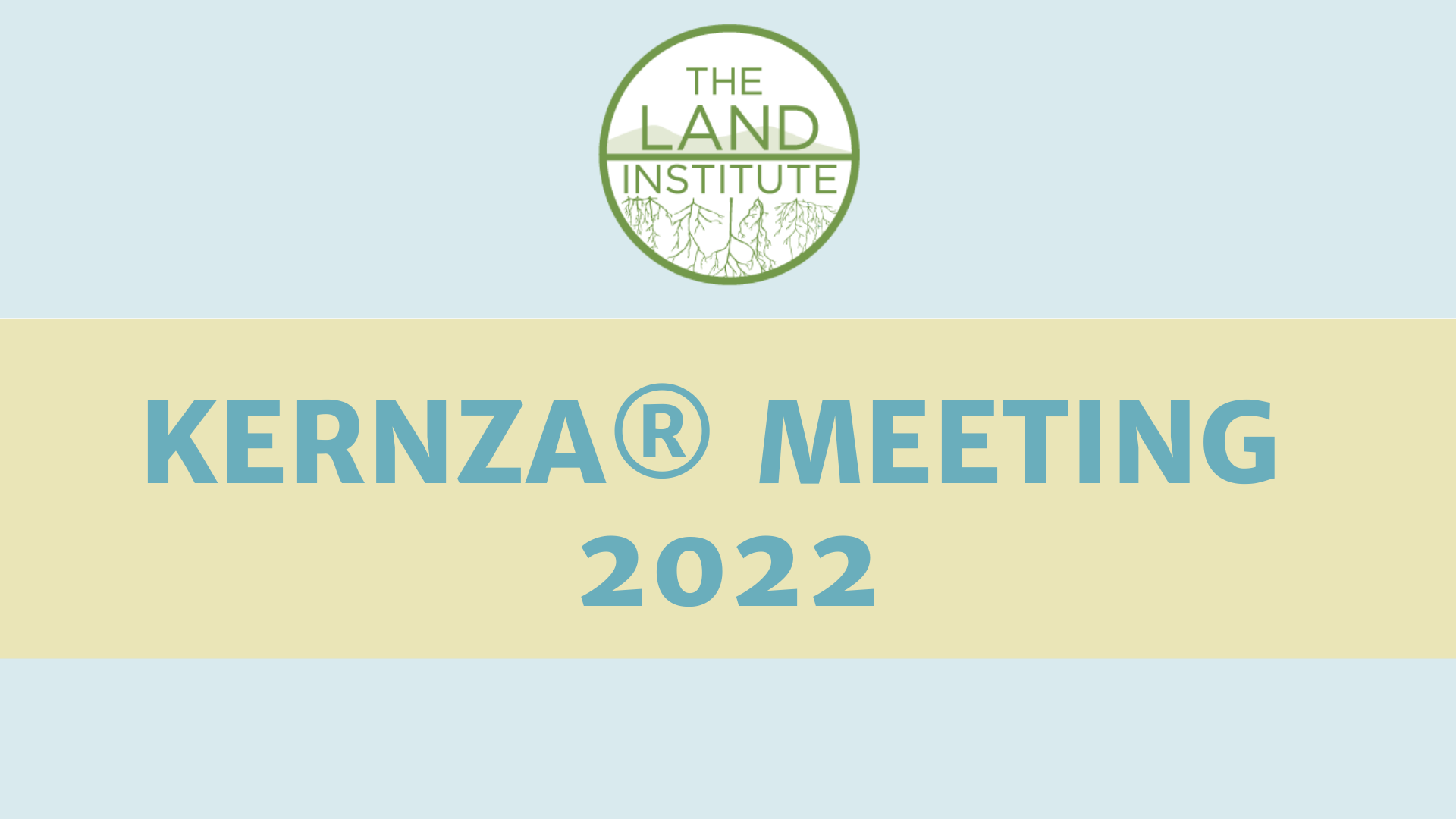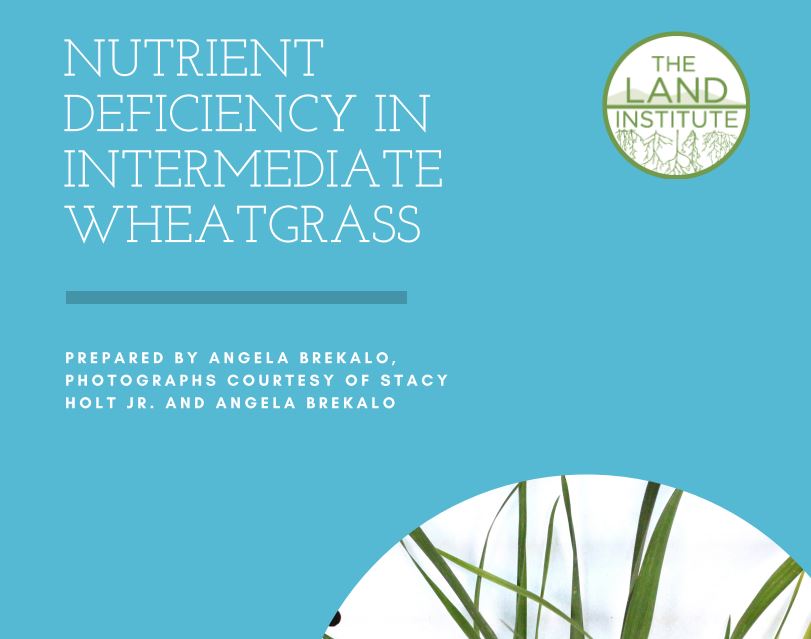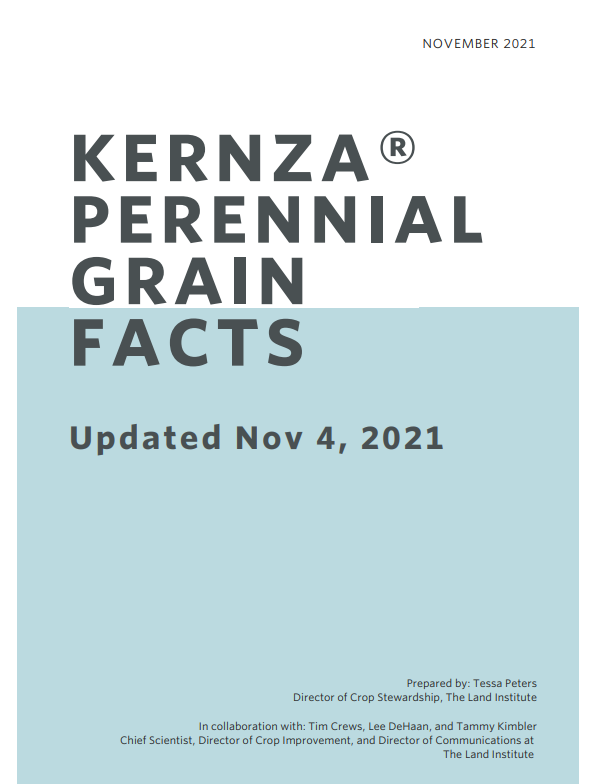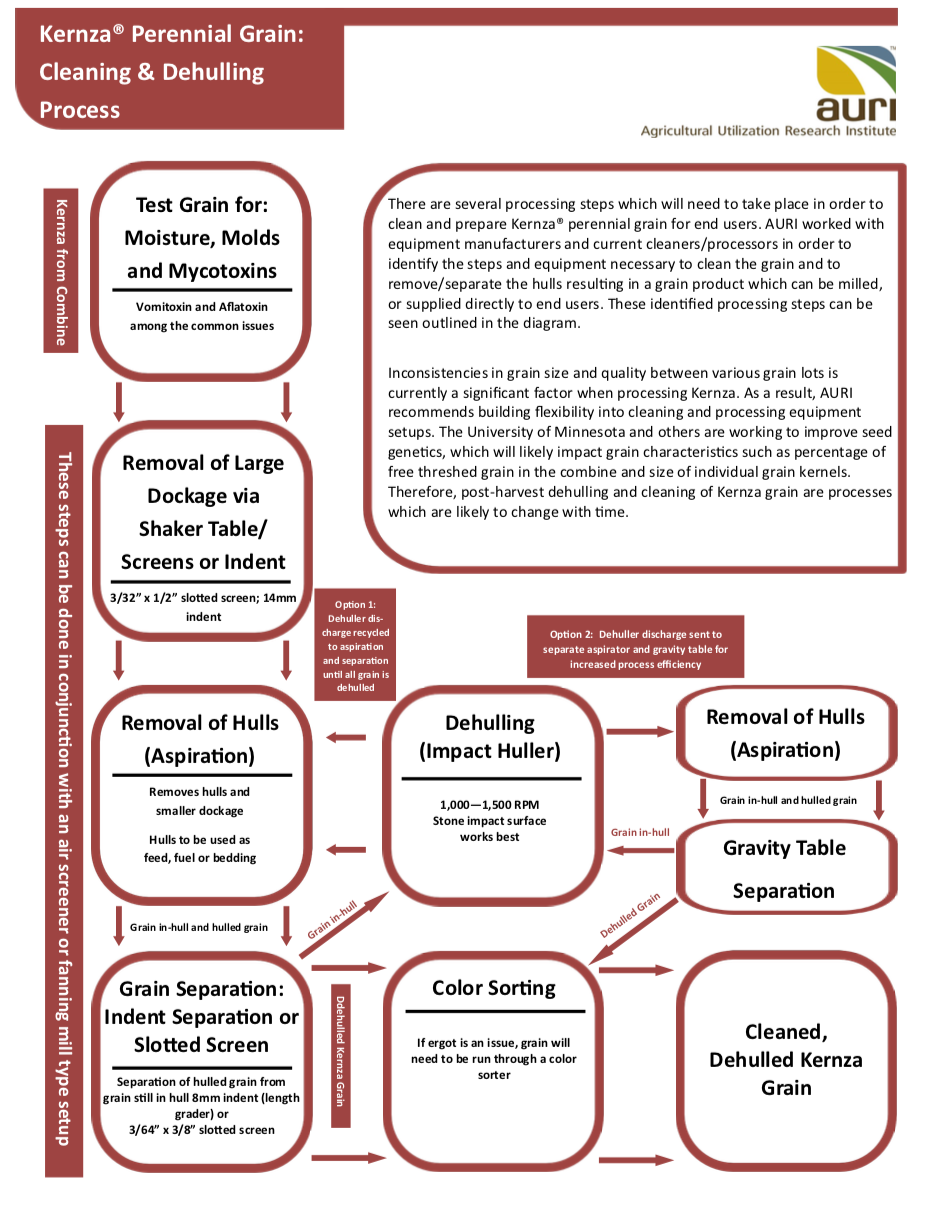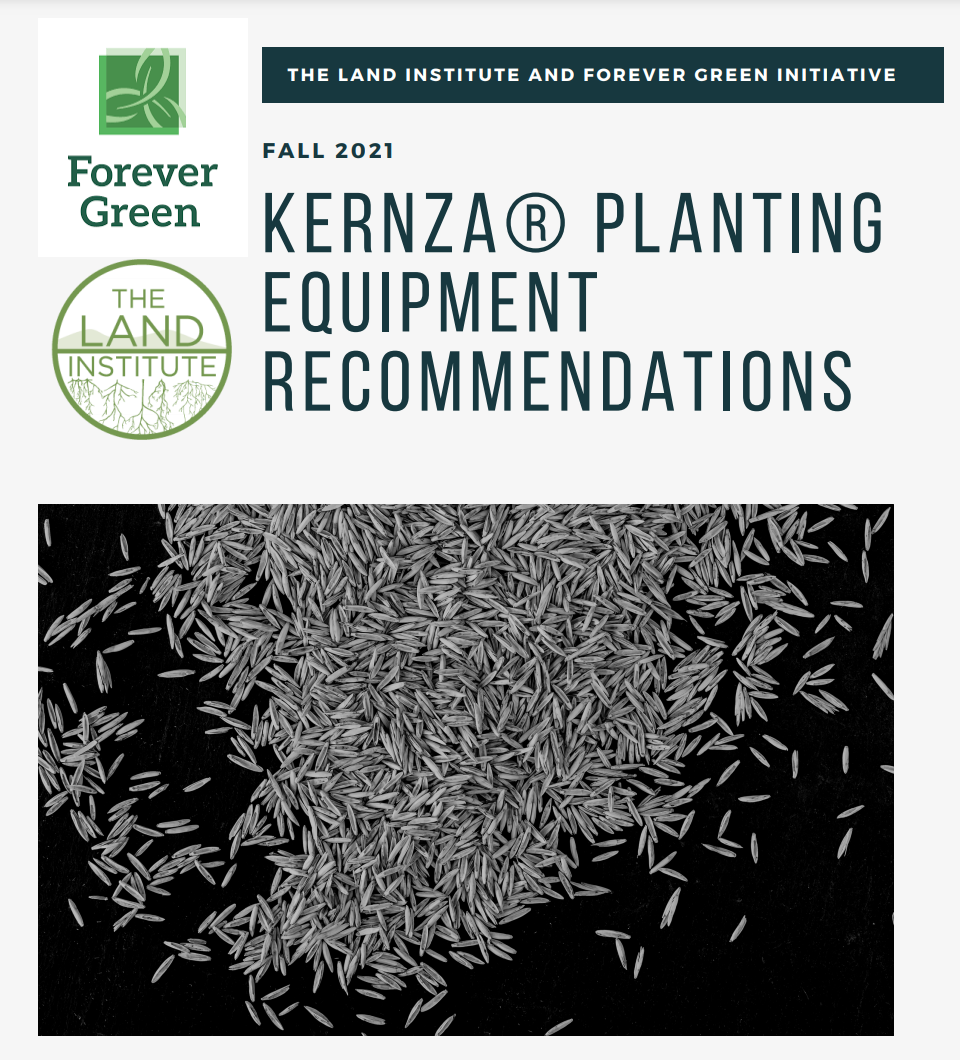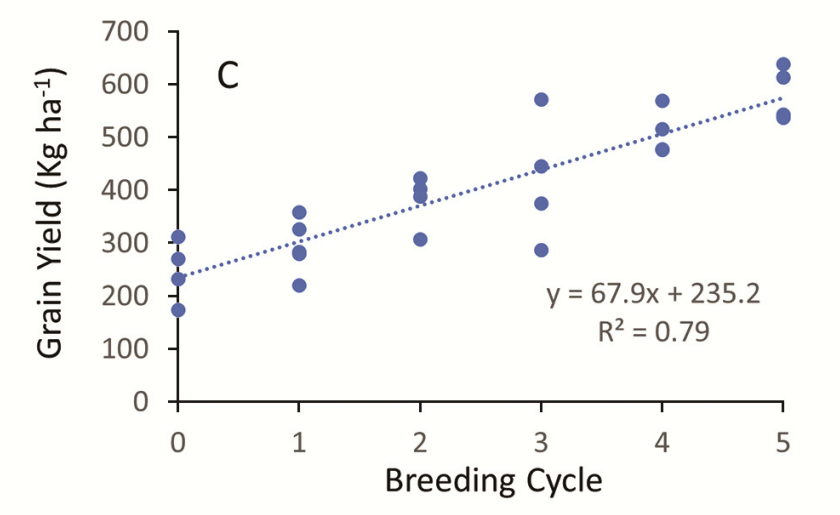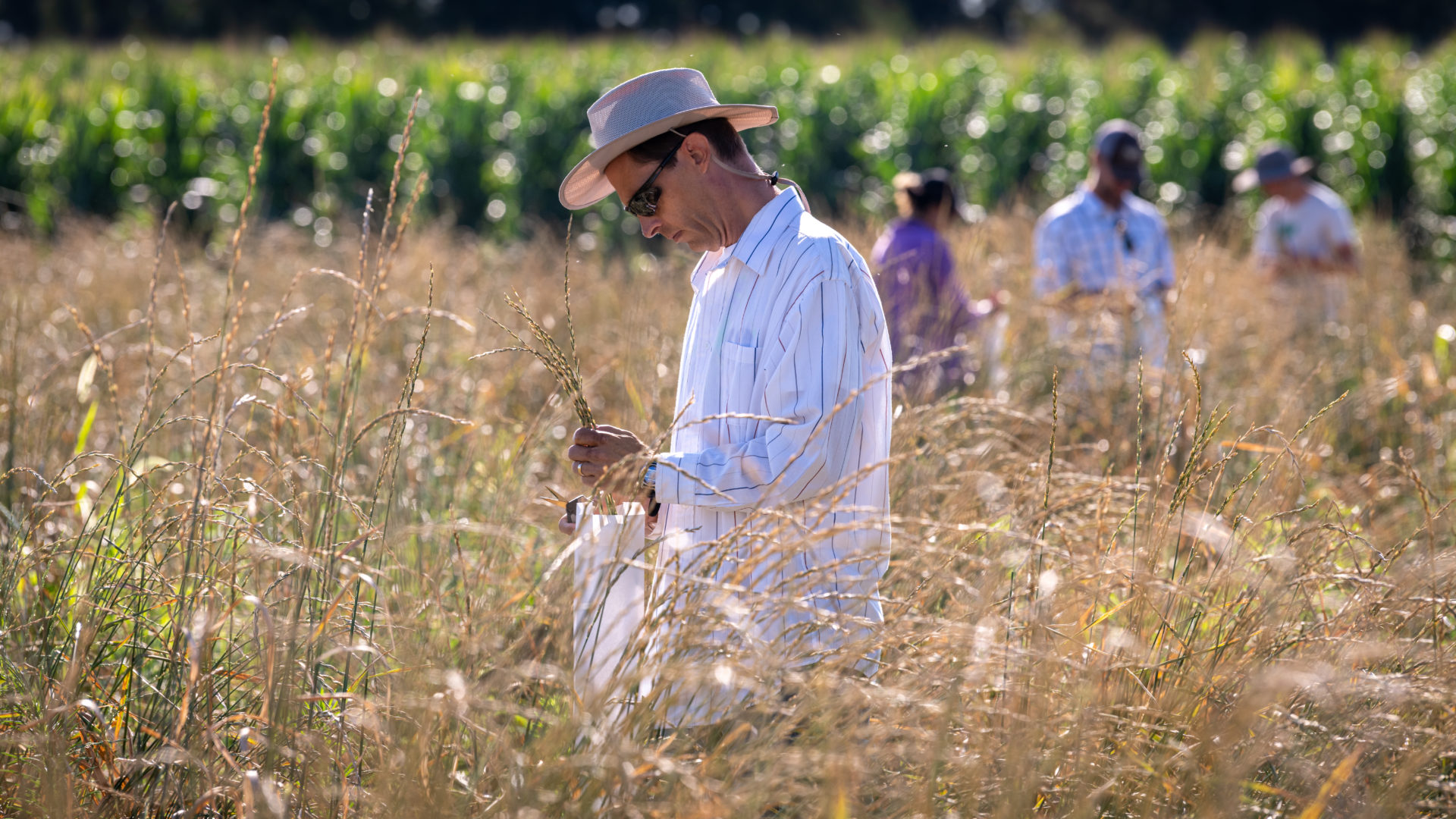Kernza® research on the leading edge
- Improving our understanding of soil carbon and microbial communities
- Using genomic selection to accelerate the domestication of intermediate wheatgrass
- Discovering the benefits of Kernza® antioxidants in food products
- Working with growers to improve yields and get grain to market, sustainably
Joining the Researcher Network
How can I get involved in Kernza® research?
If you are a researcher, you can submit an inquiry explaining your research and interest here.
If you are a grower who would like to work with a researcher, please contact a researcher near you.
What are the challenges to scaling production?
Researchers have found that yields on research plots are more than double the yields on production-scale plantings. They are working to discover the right mixture of agronomic practices, germplasm, and environmental conditions that can consistenly bring Kernza® perennial grain to market.
Research Updates and Findings
Ecosystem Services
Services such as soil protection, carbon sequestration, and water purification are taken for granted when ecosystems provide them for free. In contrast, row crop agriculture has received growing recognition as a problematic source of ecosystem disservices such as soil erosion, nutrient leakage, weed establishment, loss of soil organic matter, agrochemical and fossil fuel dependence. There now exists the opportunity to develop agroecosystems that function more like natural grasslands and thus are expected to recapture many of the ecosystem services that grasslands originally provided. Learn more here.
Plant Breeding and Genetics
The Land Institute’s breeding program for intermediate wheatgrass began in 2003, guided by Dr. Lee DeHaan. Multiple rounds of selecting and intermating the best plants based on their yield, seed size, disease resistance, and other traits have resulted in improved populations and new varieties of intermediate wheatgrass that are currently being grown, evaluated, and further improved at The Land and by collaborators in diverse environments. Today, four full breeding programs are running: the foundational program at The Land Institute and programs at the University of Minnesota, University of Manitoba, and USDA-ARS at Utah State University.
Agroecology
Experiments to optimize conditions for growing intermediate wheatgrass are underway. Understanding the crop’s response to different row spacing, grazing, and nitrogen additions delivered by fertilizers or legume intercrops are just a few of our goals.
Food Science
Research characterizing quality traits (starch composition, gluten protein profiles, dietary fiber content, antioxidants) and methods of storage, processing, and food product development (flour, flour blends, whole grain products, malt, and baked goods) is underway. Learn more about ongoing food science research at the University of Minnesota in this interview.
Publications
For the latest research publications related to Kernza® perennial grain, please visit The Land Institute’s research publications page here.
Featured
2022 Kernza® Meeting Recording
Featured
Nutrient Deficiency in Intermediate Wheatgrass
Featured
Kernza® Perennial Grain Facts
Featured
Cleaning & Dehulling Kernza®
Featured
